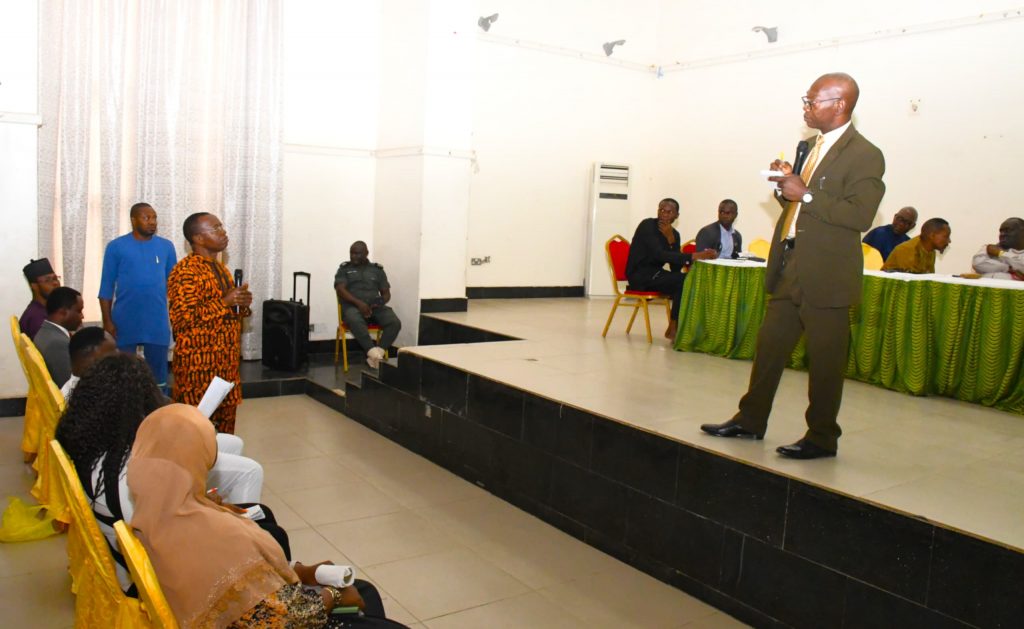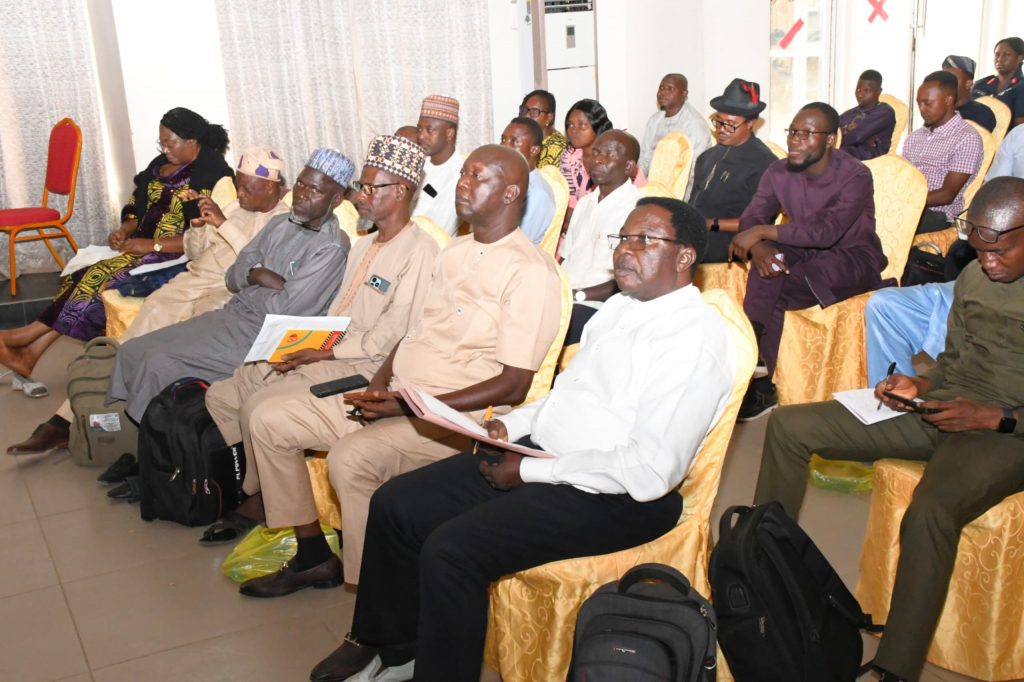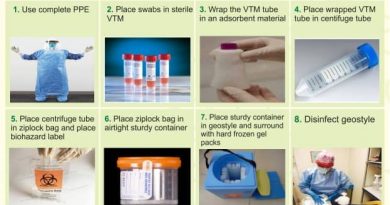MLSCN ORGANIZES TRAINING FOR HODs OF MED LAB TECHNICIAN PROGRAMMES ON NEW CURRICULUM
The Medical Laboratory Science Council of Nigeria, yesterday in Abuja, held a one-day training for Heads of Medical Laboratory Technician programme in Colleges and Schools of Health Technology across the country. The training was aimed at familiarizing them with the new curriculum for the National Diploma in Medical Laboratory Technology, which is to replace the Medical Laboratory Technician certificate programme.
Addressing participants, the Registrar/ CEO, Prof Tosan Erhabor noted that change is the only constant thing in life and the transition from only MLT certificate to now include ND is equally part of change. He, therefore, encouraged stakeholders to embrace the change and work with MLSCN to ensure the success of the transition, as it is in the interest of the Medical Laboratory Science profession, the health sector, and the future leaders being trained.
According to him, MLSCN, in furtherance of its open-door policy, organized the training to bring stakeholders up to speed on the curriculum of the National Diploma programme. Therefore, he urged participants to listen to the facilitator and ask pertinent questions rather than going to the social media to present unsubstantiated reports. “We’re not saying you should not use the social media, but get the facts from MLSCN and then put them out accordingly, if you wish. The new curriculum is a result of the collaboration between MLSCN and NBTE, and we encourage you to work with us to make the transition seamless,” he said.
Meanwhile, the facilitator, Dr. Godwin Aikpitanyi, Director/Deputy Registrar, Education and Administration, while taking the participants through the newly-developed curriculum, noted that some aspects of the former curriculum have been merged, compressed or expunged, while others have been expanded in the new framework.
According to him, a lot of work was particularly done to compress the MLT programme from the duration of three years into the two years of the ND programme. Furthermore, he noted that the new curriculum was structured to hold the lecturers more accountable to their responsibilities.
“This includes establishing learning objectives for all the modules as well as expected outcome from the outset, so that the students can assess whether the lecturer accomplished those in end,” he said, adding that “the ND in Medical Laboratory Technology would not only reflect current realities in the Medical Laboratory Science profession, and the labor market, but students who desired to further their studies through Direct Entry to the BMLS programme would also find it easier to achieve their ambition.”







